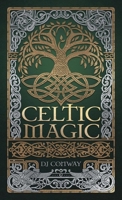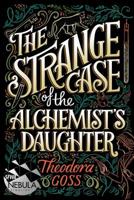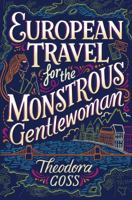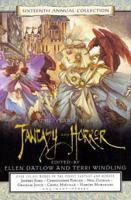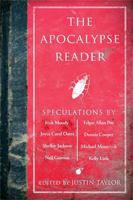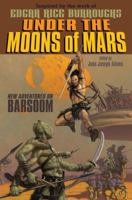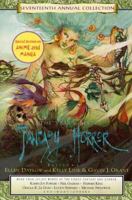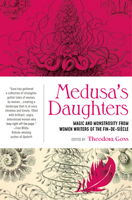Hippie Crafts: Creating a Hip New Look Using Groovy '60s Crafts
Select Format
Select Condition 
You Might Also Enjoy
Book Overview
Customer Reviews
Rated 5 starsGreat 60's crafts ideas for today
Great photos and ideas to make simple crafts. I was born in the late 1960's and remember making macrame crafts in school in the 1970's. Also a plus is a brief explanation to the cultural climate of what was going on in the 60's....from clothes, commune living, and even the health food industry that was founded by the Hippies. This book is a great refresher to those that lived through those times, and those who are in their...
0Report
Rated 4 starsgreat projects
awesome craft projects. so why only four stars? why is it neccessary to put a section on how great all the drug usage in the sixties was? I wanted so much to buy this book for my 12 year old daughter because I know she would really enjoy the projects but I just could not in good conscience get her a book with a chapter on drug usage like it was this wonderful cultural phenomenon.
0Report
Rated 5 starsGreat book!
I just got this book yesterday, and have already finished reading all of the information inside. It has great craft projects, incredible information about the hippie era, and I would recommend this book to anyone interested in hippie crafts, or anyone who wants to know about a hippie's hobbies.
0Report






























